The number of billionaires worldwide has reached an all-time high, with over 2,700 individuals holding fortunes exceeding $1 billion, according to a recent report. This surge in billionaire wealth is largely attributed to changes in tax policies and a growing wealth gap in the United States and globally. The proliferation of billionaires has sparked growing anti-billionaire sentiments in US politics, with many calling for increased taxation and regulation of wealth.
According to Avishay Artsy and Noel King, hosts of the podcast "Why are there so many billionaires nowadays?", the ease of making and keeping a fortune has contributed significantly to the rise of billionaires. They point out that changes to the tax code have made it easier for the ultrarich to accumulate wealth, while the bottom 90 percent of Americans have seen little change in their economic circumstances. "It feels like everyone's mad at billionaires right now," Artsy said in an interview. "Maybe it's the disconnect between Americans struggling with grocery prices and health care premiums and the ultrarich sailing on their super yachts and flying on their private jets."
The growing wealth gap has also led to increased scrutiny of billionaire philanthropy. While some billionaires, such as Bill Gates and Warren Buffett, have pledged to give away the majority of their wealth during their lifetimes, others have faced criticism for their philanthropic efforts. Elon Musk, for example, has faced backlash for his efforts to reduce his tax liability through charitable donations.
The recent victory of Zohran Mamdani in the New York City mayoral race has highlighted the growing anti-billionaire sentiment in US politics. Mamdani, a progressive Democrat, campaigned on a platform of taxing the ultrarich and using the revenue to fund social programs. His victory has sparked hopes among advocates for increased taxation and regulation of wealth.
The rise of billionaires has also led to increased attention on the use of artificial intelligence and other technologies to accumulate wealth. Some experts argue that the use of AI and other technologies has created new opportunities for wealth creation, while others warn of the potential risks and inequalities associated with these technologies.
As the number of billionaires continues to grow, policymakers and experts are grappling with the implications of this trend. Some are calling for increased taxation and regulation of wealth, while others argue that the focus should be on addressing the root causes of income inequality. The debate is ongoing, with no clear resolution in sight.
In recent developments, the Make Billionaires Pay rally, held in New York City on September 20, 2025, drew thousands of protesters demanding increased taxation and regulation of wealth. The rally was part of a growing movement to address the wealth gap and promote greater economic equality. As the debate over billionaire wealth continues, one thing is clear: the issue is unlikely to go away anytime soon.
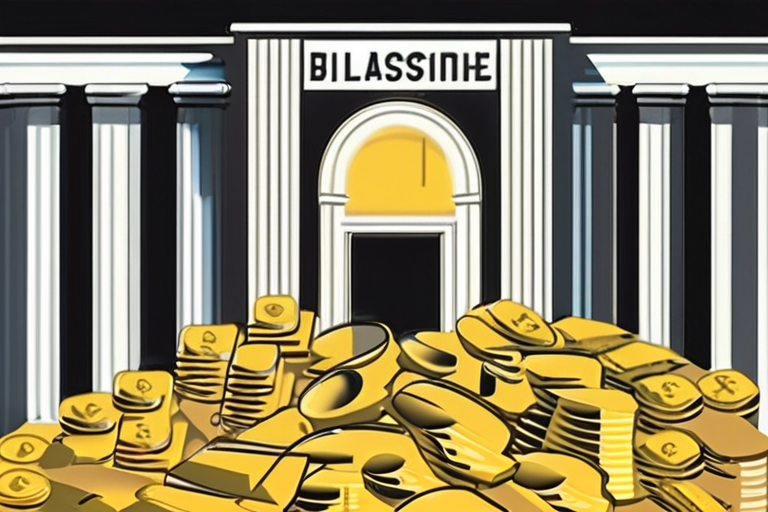


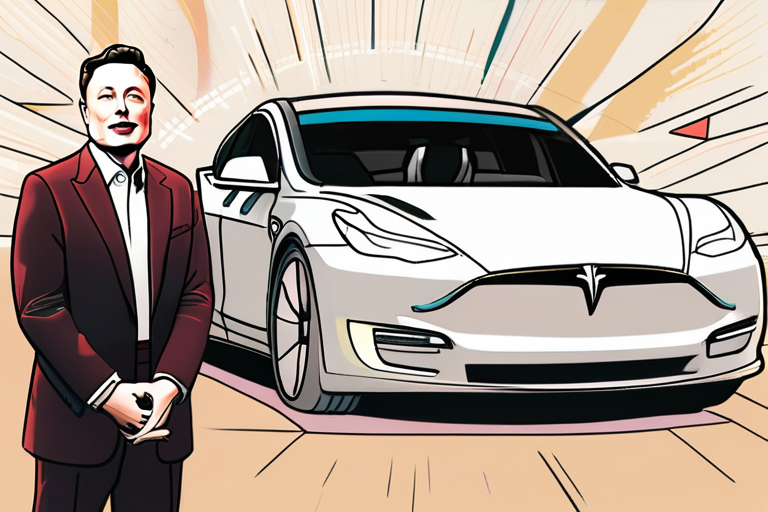
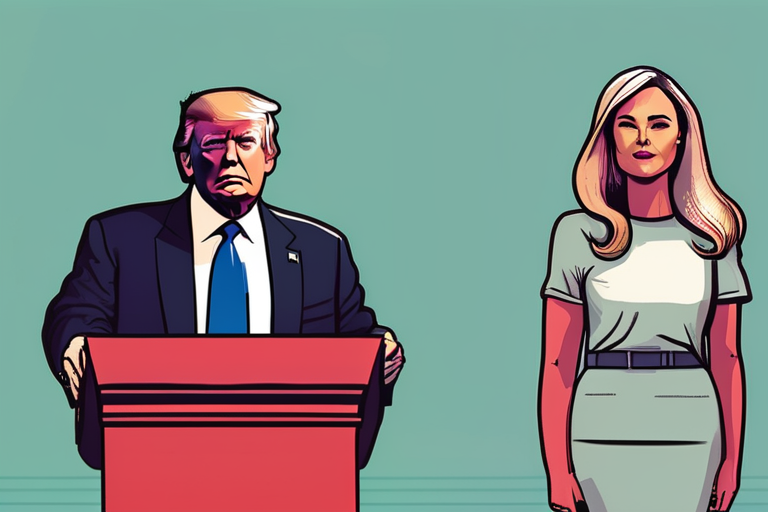






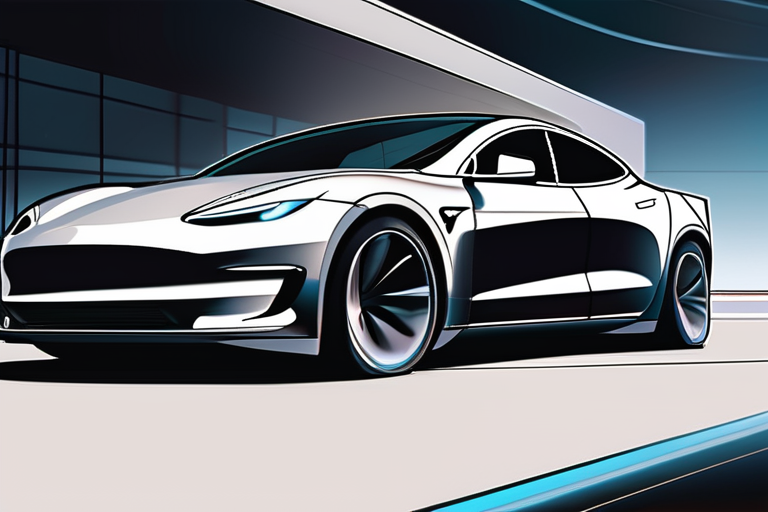
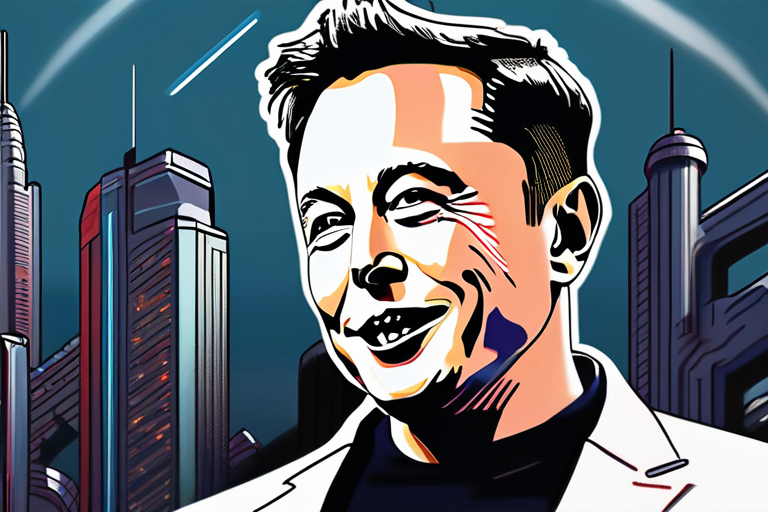
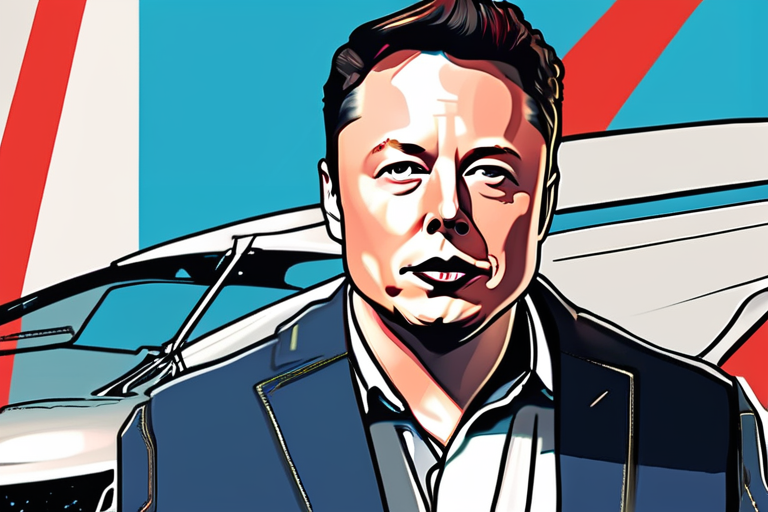


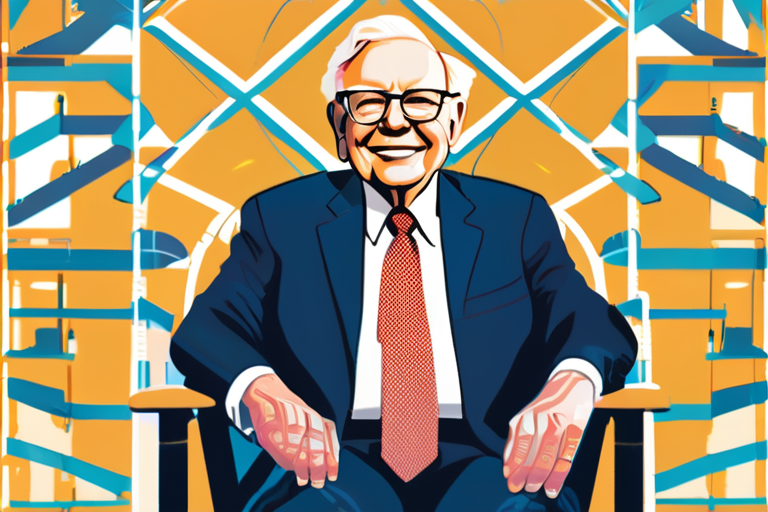
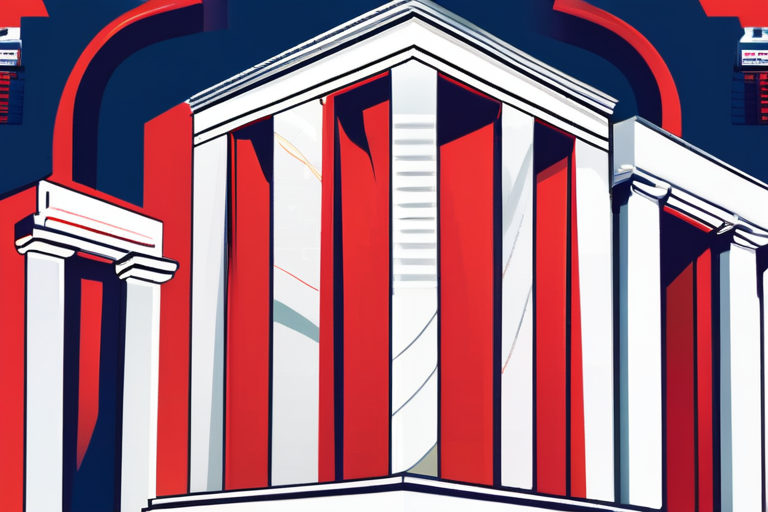

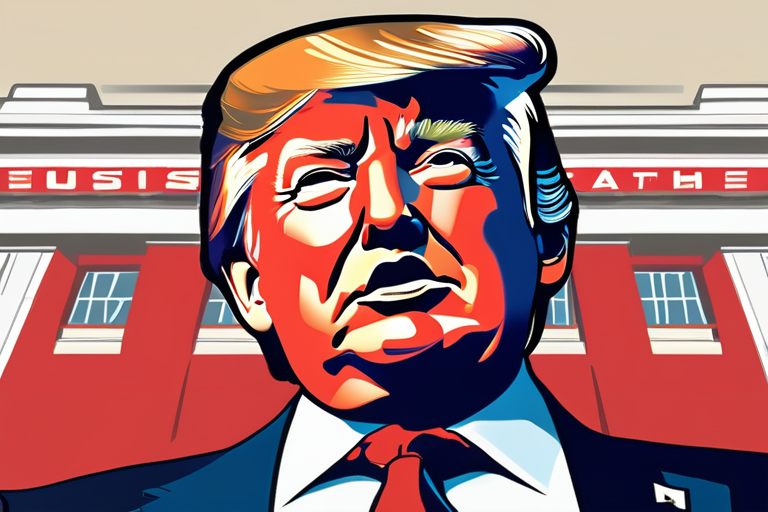
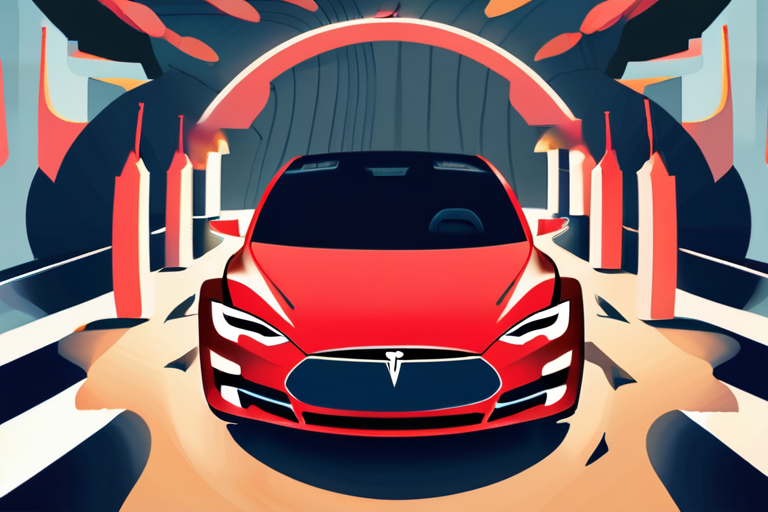


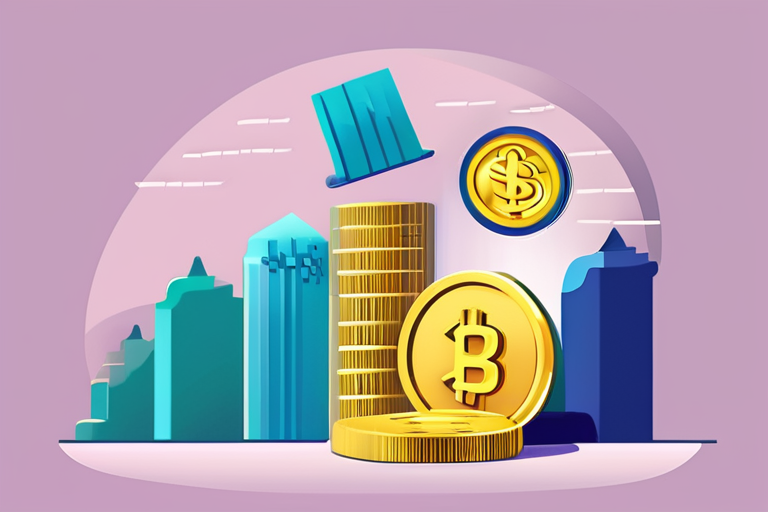



Share & Engage Share
Share this article